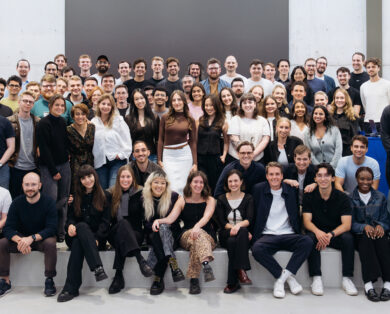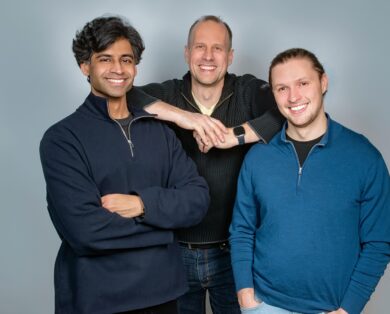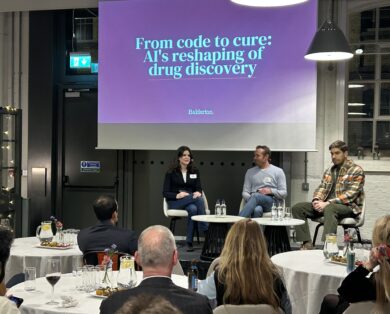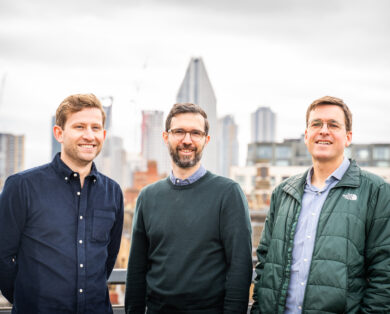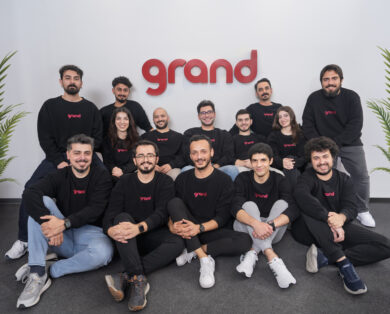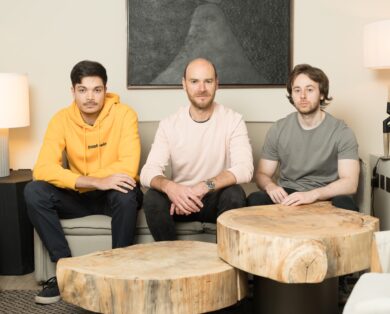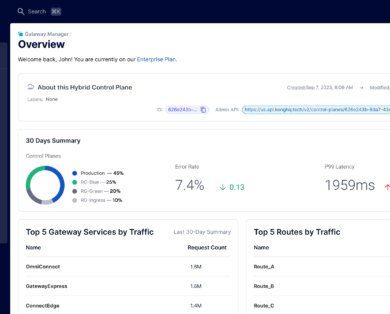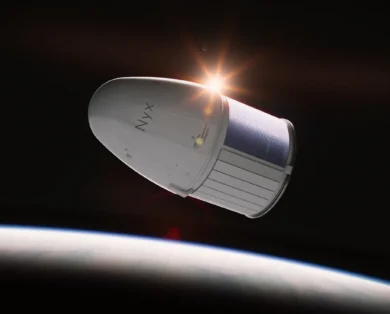- Portfolio News
- 04 March, 2025
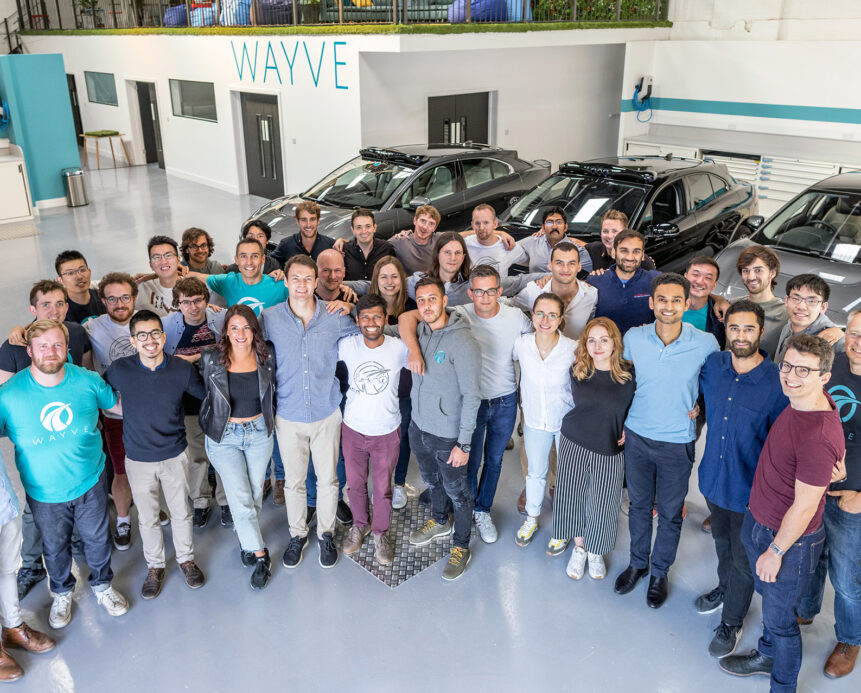
Autonomous mobility startup, Wayve, which uses learning-based approaches instead of hand-coded rules, has raised $20M to launch a pilot fleet of autonomous vehicles in central London.
The round was led by Eclipse Ventures, with participation from Balderton, existing investors and several undisclosed preeminent leaders in machine learning and robotics.
Wayve believes that the complexity of self-driving cars will be solved by better artificial intelligence “brains,” not by more physical sensors and hand-coded rules.
As computational power and data continue to grow, learning-based approaches will become more inevitable, especially for mobile robotics. The human brain has evolved over millions of years, computers have only had a few decades, but are catching up quickly.
Amar Shah Co-founder and CEO, Wayve
In Spring 2019, Wayve publicised an unprecedented achievement, data from a self-driving car which had navigated roads it had never previously driven. This had been accomplished by using only cameras, a 2D map, and a unique, end-to-end, deep learning driving brain.
A good human driver can quickly adapt to navigating a new jurisdiction, however existing autonomous solutions lack the requisite ability to detect and respond appropriately to potential hazards. By contrast, Wayve is committed to building a general and scalable driving brain applicable to any driving environment.
The average human learns to drive in just 50 hours with visual input primarily. Once we have learned, we are capable at driving on roads around the world despite vastly differing traffic laws and cultural context. Wayve’s self-driving technology is the closest to this human approach to learning. The great advantage of solving the problem this way is that it is robust in the face of a global opportunity.
Suranga Chandratillake Partner, Balderton

To date, self-driving vehicle testing has been carried out on highly structured and modern roads in USA and China. While these are “live” driving environments, such geographies lack the irregular, diverse and complex streets of most other global cities. Wayve has successfully begun on-road public autonomous driving trials supported by insurance partner, Admiral.
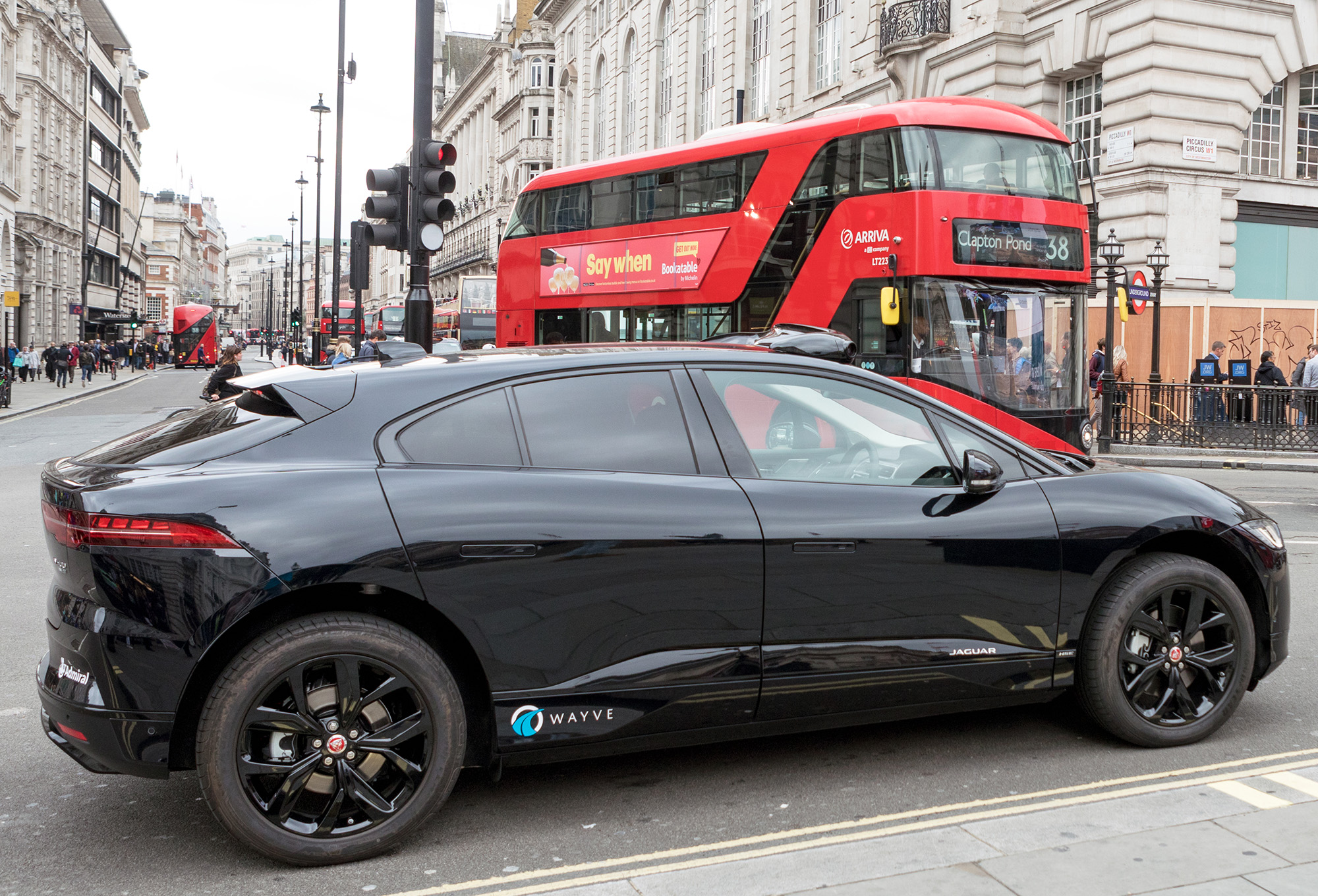
Read more about the fundraise:

